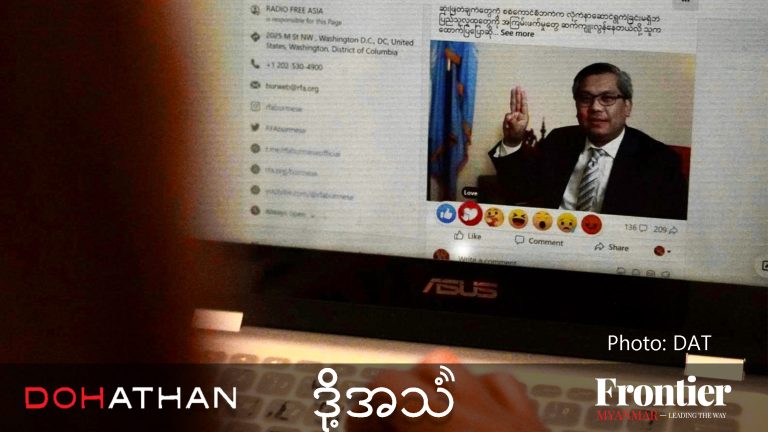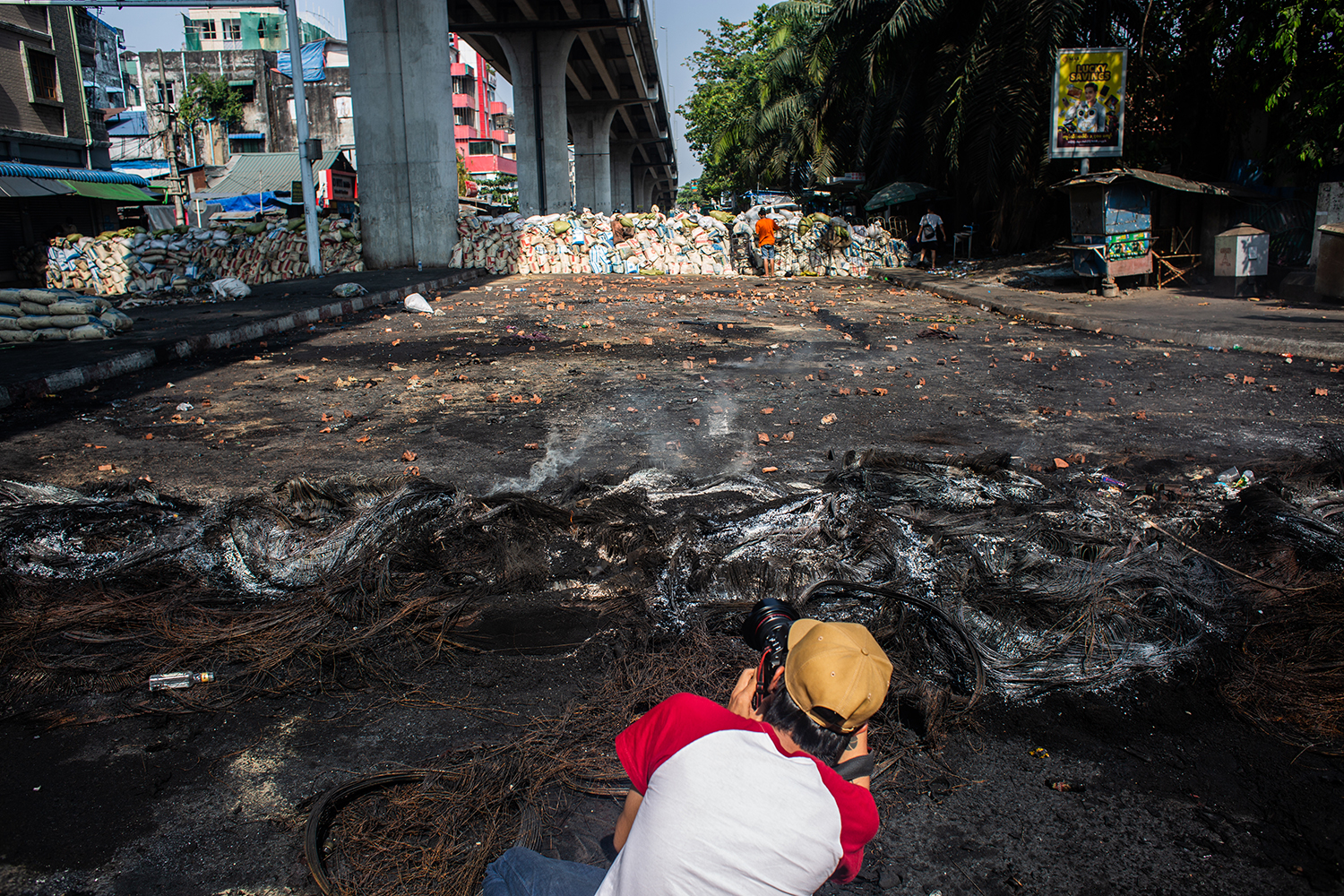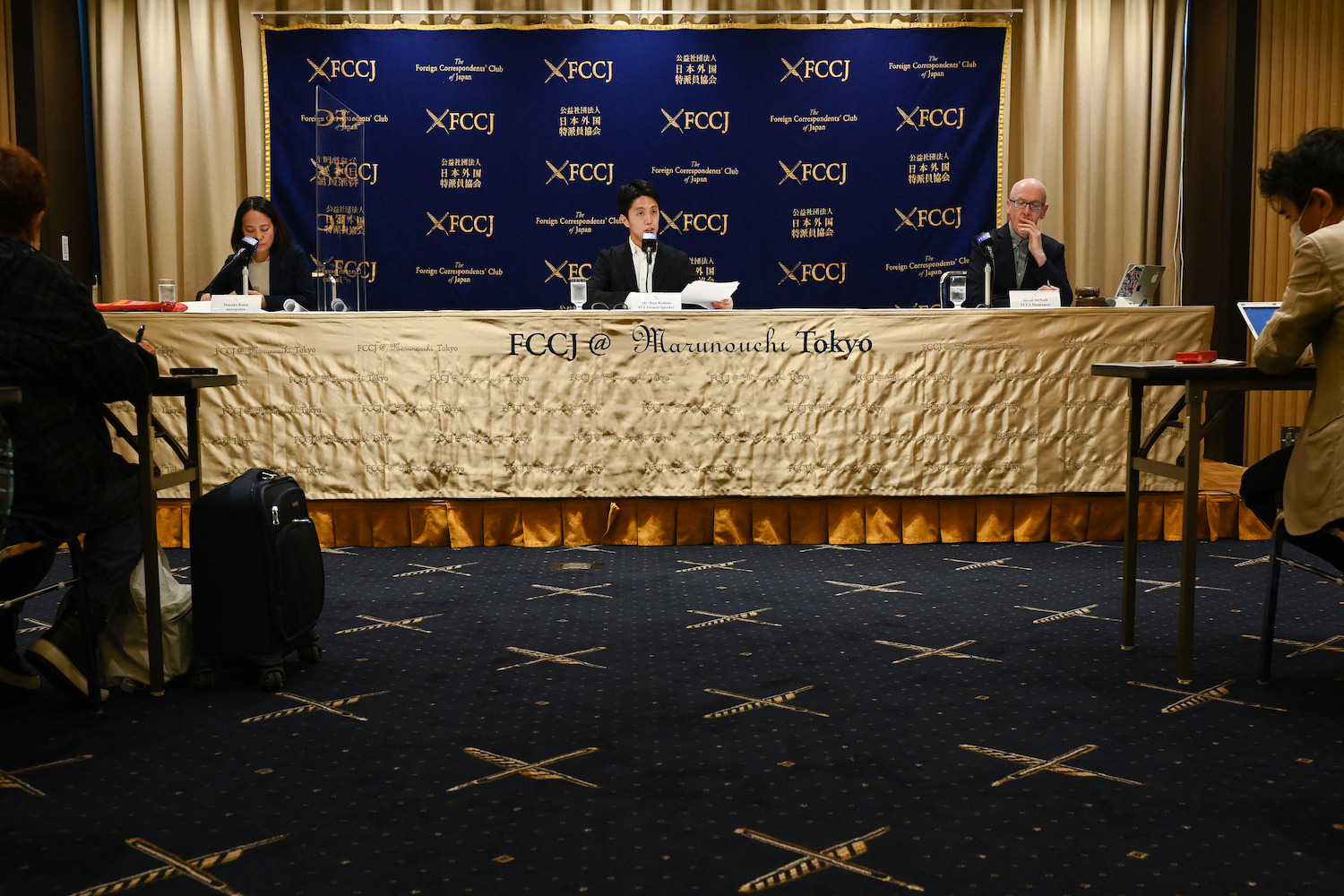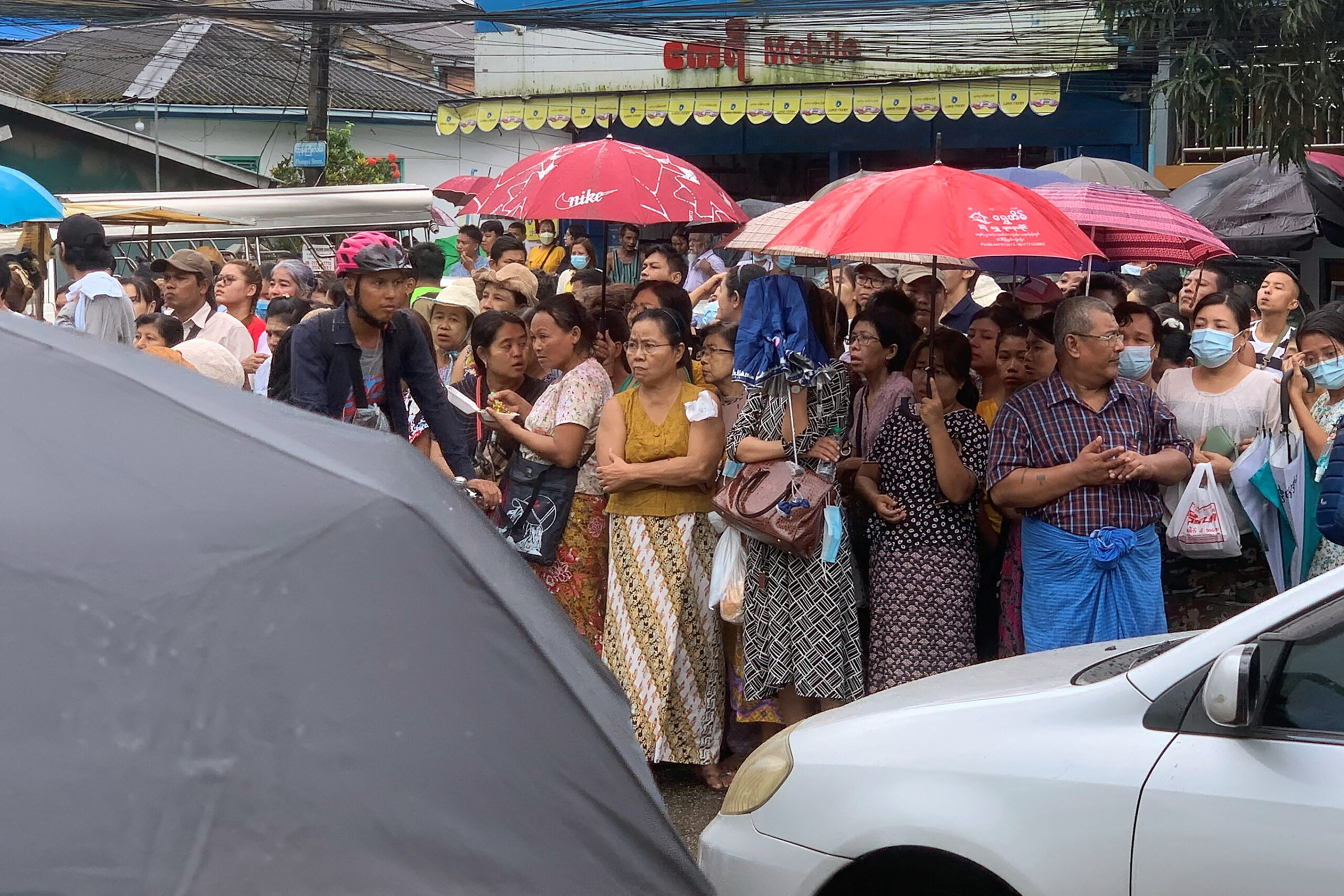Frontier reporter Kyaw Lin Htoon recalls his coming-of-age amid the turbulent few years that began with the Saffron Revolution in 2007, and reflects on the worrying state of journalism today.
As a 90s-born child, I grew up without independent, uncensored newspapers and didn’t know the real situation of my country. I only began using the internet in 2007, when I visited a cybercafe because I couldn’t afford a home connection.
It was a fortuitous time to go online. That year saw the monk-led protests that became known as the Saffron Revolution. Seeing the crowds on the streets was inspiring, but it was reading the posts and watching the videos on dissident blogs (before they were hurriedly pulled down by the authorities) that shaped my political awakening.
Many young Myanmar people were moved in the same way, and the tragedy of Cyclone Nargis the following year deepened our commitment towards improving a society worn down by decades of military rule. We didn’t have much time to worry about ourselves as we rushed to help the several million people who had been affected by the country’s worst ever natural disaster.
So much seemed to be happening in the space of just a few short years. In 2011 the military junta transferred power to a semi-civilian government, and with that came new freedoms, such as the lifting of pre-publication censorship for print media the following year. Meanwhile, I was learning some of the first bruising lessons of adulthood. I was a daily wage labourer in an aluminium decoration crew for three years until, on February 12, 2011, I was injured on a construction site. The accident had followed routine exploitation by my employer, and I needed an escape.
I had kept up my volunteering, including by working shifts at the Aung San Pin Lon library in Yangon’s Thingangyun Township, which was established by former political prisoners from the National League for Democracy and local youths. At the library, I started reading journals that, freed from censorship, were openly discussing politics and social issues. I also read books such as A Journalist, a General and an Army in Burma by Kyemon U Thaung and A Man Like Him by Journal Kyaw Ma Ma Lay. A few years before, being caught with these titles could have got me arrested.
From this reading material, I felt I had had found my calling as a journalist. But it was a long road from my first reporting job to the point where I felt satisfied with my work. Many of the outlets I initially worked for were unable or unwilling to properly invest in their journalists, and as a result their reporting often failed to dig deep and meet the highest principles of journalism. But at Myanmar Now, Mawkun and Frontier, I was given the mentorship and freedom I needed in order to grow. No great piece of journalism can be credited to a reporter alone; the work of an accomplished editor and the environment of a supportive media organisation are also vital.
It’s not only a question of sufficient pay so that the reporter is freed of the stresses of poverty, but also of the time that she or he is given to properly research and pursue different angles of a story, the expenses required to travel and find overlooked stories, and proper backing in case of legal threats and other dangers. But sadly, from what I’ve experienced and observed, the number of media organisations that fit this description can be counted on the fingers of one hand.
Today there are hundreds of talented reporters who are trying their best to fulfil the responsibilities of their profession but receive little or none of the aforementioned support from their publications, many of which are struggling financially and disdained by the government and a large section of the public.
Media outlets may be suffering the world over, but in a country like ours, where independent journalism is less than a decade old and democracy has not been fully achieved, the plight of independent media is particularly alarming. The most pressing needs are financial. But to not only survive but also thrive, what Myanmar’s journalists and publishers really need is hope. And without the support of a society that values their role in a democracy, there is no hope.







